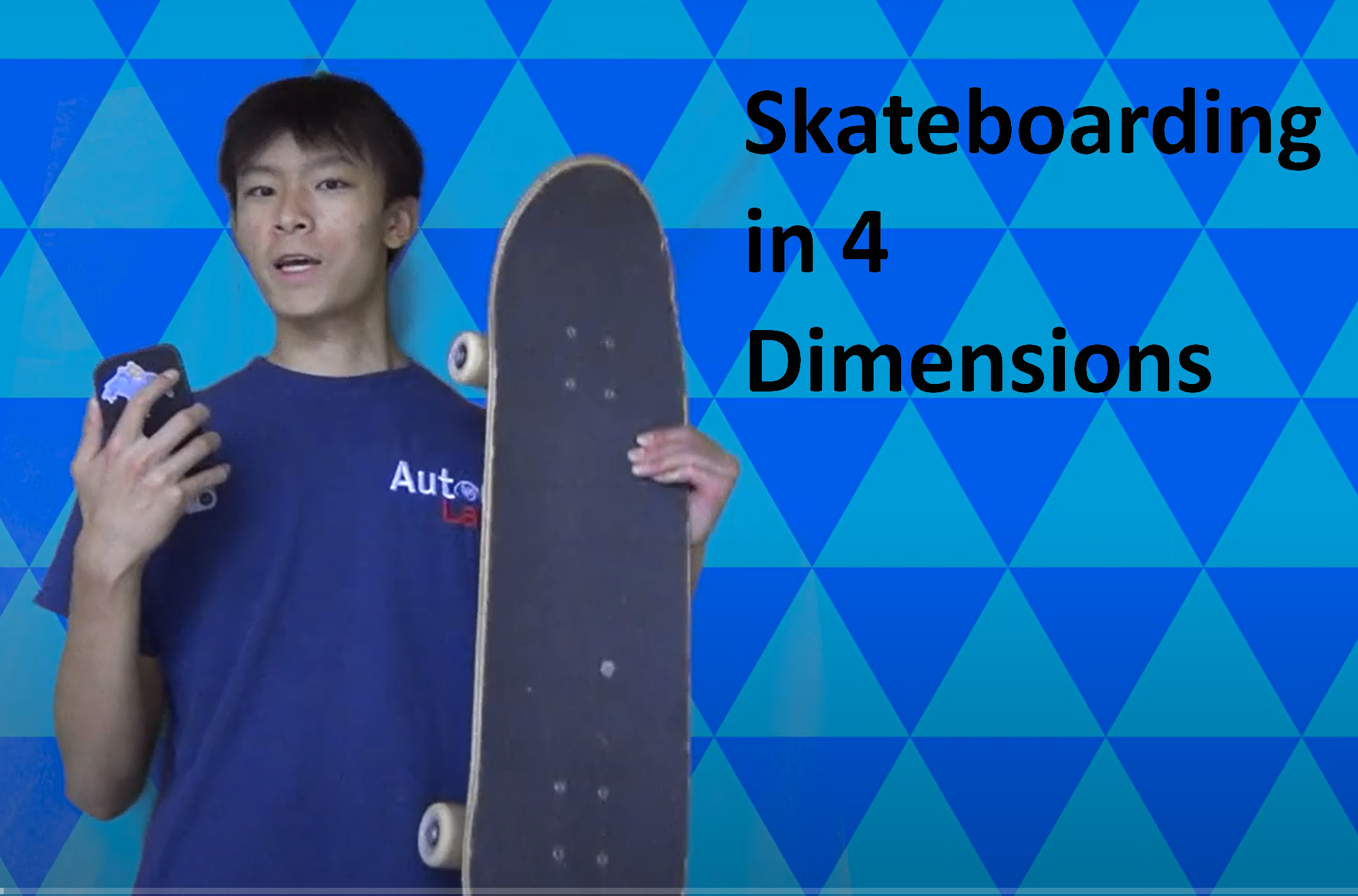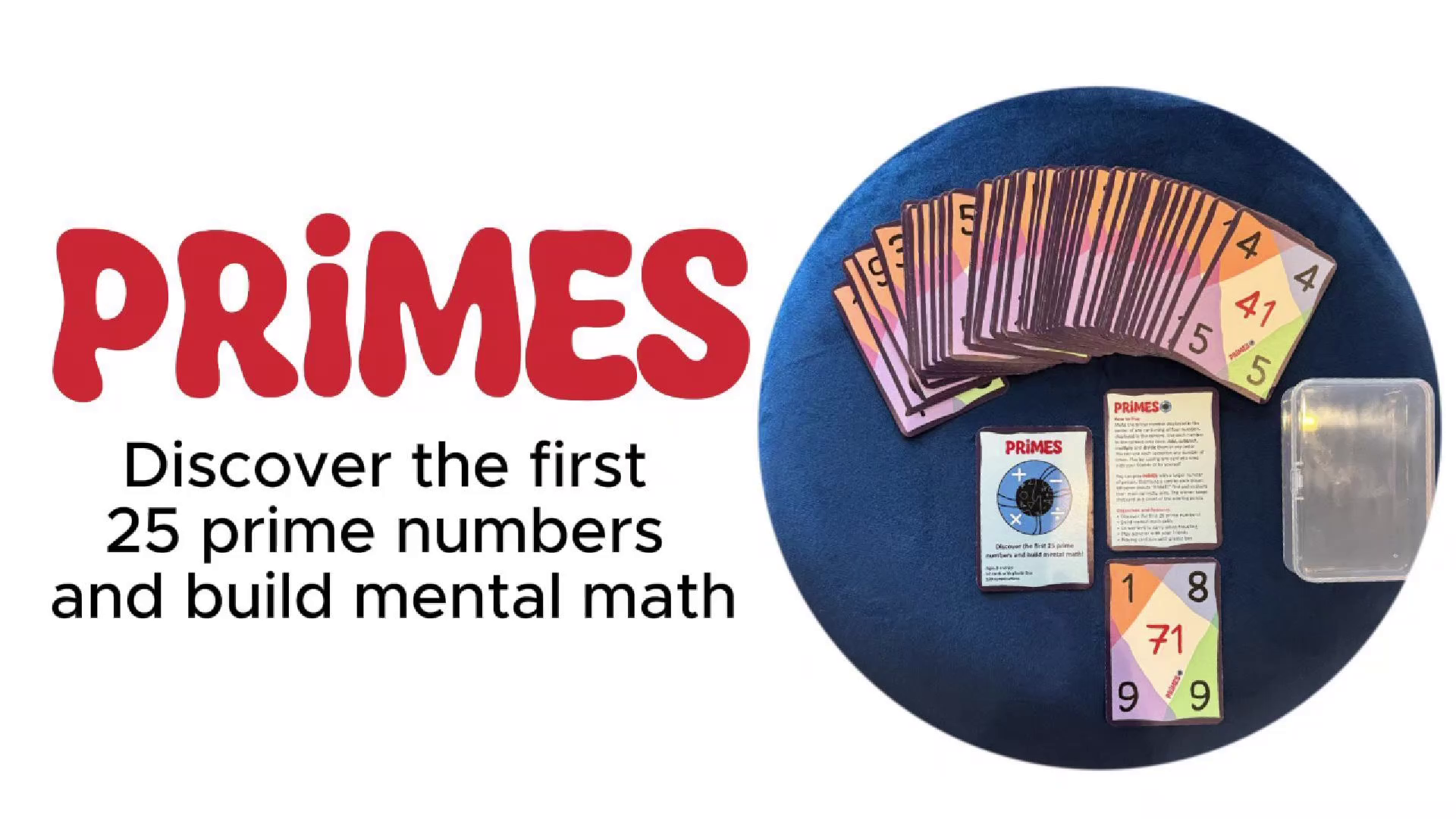MOVES Conference Committee Bios
Conference Organizer
| Laura Taalman, James Madison University |
Laura Taalman is a Professor of Mathematics at James Madison University. She received her Ph.D in mathematics from Duke University, and her undergraduate degree from the University of Chicago. Her research includes singular algebraic geometry, knot theory, and the mathematics of puzzles, including recent publications regarding minimal complete Sudoku symmetry groups and Tchoukaillon/Mancala representations. She is Co-Director of the annual Shenandoah Undergraduate Mathematics and Statistics (SUMS) Conference at James Madison University, and a recipient of both the Trevor Evans award and the Alder Award from the Mathematical Association of America. She is also an author of a book on the mathematics of Sudoku, four books of Sudoku variation puzzles, and a new three-semester Calculus book that came out earlier this year. |
Conference Committee
| Tim Chartier, Davidson College |
Tim Chartier is an Associate Professor at Davidson College. He received his Ph.D. from the University of Colorado at Boulder and his undergraduate and master’s degrees from Western Michigan University. As a researcher, he has worked with both Lawrence Livermore and Los Alamos National Laboratories on the development and analysis of computational methods targeted to increase efficiency and robustness of numerical simulation on the lab’s supercomputers, which are among the fastest in the world. He is a recipient of both an Alfred P. Sloan Research Fellowship and the Alder Award from the Mathematical Association of America. He is also a professionally trained mime artist having studied at Le Centre du Silence mime school, Dell’Arte School of International Physical Theater and in master classes with Marcel Marceau. He has performed mime, which includes a show that introduces mathematical ideas, throughout the United States and in national and international settings. He chairs the Advisory Council for MoMath. He has been a resource for a variety of media inquiries which includes fielding mathematical questions for the Sports Science program on ESPN. He also coauthored a numerical analysis textbook and writes for the Science blog of the Huffington Post. |
Paul Coe, Dominican University |
Paul Coe is Professor of Mathematics at Dominican University. He earned a bachelor’s degree in mathematics from Wheaton College and a master’s and PhD in statistics from Northwestern University. His mathematical interests include recreational mathematics, probability, and statistics, particularly with applications to the pharmaceutical industry. He has published articles in The College Mathematics Journal, The American Statistician, PRIMUS, and Math Horizons, among others. For the last several years he has co-organized a session on recreational mathematics at the summer meeting of the MAA (MathFest). He often tries to make his meetings with regular collaborator Bill Butterworth to discuss their research coincide with a round of golf or a friendly game of poker. |
| Alissa S. Crans, Mathematical Sciences Research Institute and Loyola Marymount University |
Alissa S. Crans is the Director of Educational and Outreach Activities at MSRI and Associate Professor of mathematics at Loyola Marymount University. She earned her B.S. in mathematics from the University of Redlands and her Ph.D. in mathematics from the University of California at Riverside in 2004 under the guidance of John Baez. Alissa’s research interests lie in the field of higher-dimensional algebra and she is also interested in the connections between mathematics and music. Alissa has extensive experience mentoring and supporting women mathematicians. She is also extremely active in helping students increase their appreciation and enthusiasm for mathematics through co-organizing the Pacific Coast Undergraduate Mathematics Conference. Alissa is a recipient of the Mathematical Association of America’s 2011 Merten M. Hasse Prize for expository writing and 2011 Henry L. Alder Award for distinguished teaching by a beginning college/university mathematics faculty member. In addition, Alissa was an invited speaker at the MAA Sectional Meetings of the So Cal/Nevada, EPaDel, and DC-MD-VA Sections, and the keynote speaker at the University of Oklahoma Math Day, the UCSD Undergraduate Math Day, and Expanding Your Horizons Conference at James Madison University. |
|
| Tanya Khovanova, Massachusetts Institute of Technology |
Tanya Khovanova is a research affiliate at MIT and a freelance mathematician. She received her Ph.D. in Mathematics from the Moscow State University in 1988. At that time her research interests were in representation theory, integrable systems, super-string theory and quantum groups. Her research was interrupted by a period of employment in industry, where she became interested in algorithm, complexity theory, cryptography and networks. Several years ago she resigned from industry to return to research. Her current interests lie in recreational mathematics including puzzles, magic tricks, combinatorics, number theory, geometry, and probability theory. Her website is located at tanyakhovanova.com, her highly popular math blog at blog.tanyakhovanova.com and her Number Gossip website at numbergossip.com. |
|
| Ron Lancaster, Math Trails |
Ron is a Senior Lecturer in Mathematics Education at the Ontario Institute for Studies in Education of the University of Toronto. He has over 20 years of experience teaching middle and high school mathematics in co-ed public schools and an all-girls school. Ron has given hundreds of talks throughout the world. Ron has been a T^3 National Instructor since 1994; he created and edited two popular on-going columns for the Mathematics Teacher (Media Clips and the Mathematical Lens) and has worked as a mathematics consultant for Math for America, The Exploratorium and international and independent schools in North America, Asia and Abu Dhabi. Ron is well known for his expertise in designing Math Trails and has created them throughout North America and in Singapore and Thailand. In Singapore over 7000 students and hundreds of teachers have enjoyed his walks in Suntec City, Fort Canning Park and the NUS Art Museum. Ron has developed Math Trails for Math for America in Manhattan at MoMA, Museum of Natural History, Ellis Island, Bronx Zoo, Madison Square Park, NYU and Columbia University. |
|
| Tony Nance, Ohio State University |
Tony is Associate Director of NSF’s Mathematical Biosciences Institute (MBI), and is an auxiliary Assistant Professor in the Ohio State University Math Department. After completing his PhD, Tony and his wife made what seemed to be a small decision – let’s spend one more year in Columbus. As one more year has become umpteen more years, it’s hard for him to imagine a better choice. In addition to enjoying the more-typical aspects of academic life, he feels fortunate to have had a wonderful array of uncommon experiences, including helping to create and direct Ohio’s first distance education program in college mathematics; serving as Director of the Mathematics & Statistics Learning Center; and more recently being heavily involved in the global Mathematics of Planet Earth initiative. Tony feels most fortunate, though, to have been asked to join MBI in late 2003. His time at MBI has been the most fulfilling and eye-opening of his professional life, and he looks forward to the wonders the future holds. When away from MBI and OSU, Tony enjoys reading, sports, puzzles and games of all sorts, and above all spending time with his wife and children. |
|
| John Lorch, Ball State University |
John Lorch, professor of mathematics at Ball State University, is a graduate of the University of Colorado and Oklahoma State University. His current mathematical interests include combinatorics, the history of mathematics, and the content preparation of pre-service secondary school mathematics teachers. He enjoys sharing mathematical ideas with undergraduate students; these often lead to senior honors theses or other creative projects. When not engaging in mathematics, he enjoys blues guitar, classic supernatural fiction, and stupid, juvenile, wife-annoying movies. |
|
| Jonathan Needleman, Le Moyne College |
Jonathan Needleman is an Assistant Professor of Mathematics at Le Moyne College. He received his Ph.D from Cornell University in 2009 after receiving a B.A. in mathematics from Oberlin College. Originally he was interested in the representation theory and geometry of p-adic Lie groups. However, in the past two years he has become increasingly interested in the mathematics of puzzles and games. He has studied mathematics of the word game Boggle, but in general is interested in maximal and minimal solutions to puzzles. He is also interested in cultivating the next generation of math lovers and has used puzzles and games in numerous outreach activities. |
|
| Bruce Torrence, Randolph-Macon College |
Bruce Torrence is the Garnett Professor of Mathematics and Chair of the Mathematics Department at Randolph-Macon College. He received his doctorate in mathematics from the University of Virginia in 1991, his master's degree from University of Maryland, and his bachelor's degree from Tufts University. His research interests include algebraic topology, combinatorics, and computer algebra systems. He has a broad interest in recreational mathematics and in communicating the beauty of mathematical ideas to a broad audience. He is currently co-editor of the undergraduate journal Math Horizons. His recent series of articles on the mathematics of panoramic photography, coauthored with David Swart, appeared in The Best Writing on Mathematics 2012. Torrence is coauthor (with Eve Torrence) of The Student's Introduction to Mathematica, now in its second edition. In 2008 he received the John Smith Award for outstanding teaching from the Mathematical Association of America. |
|
| Eve Torrence, Randolph-Macon College |
Eve Torrence is a Professor of Mathematics at Randolph-Macon College. She received her Ph.D. in mathematics from the University of Virginia, and her undergraduate degree in mathematics and philosophy from Tufts University. Her mathematical interests include polyhedra and polytopes, the mathematics of Charles Dodgson (aka Lewis Carroll), and origami. She is a recipient of the 2013 SCHEV Outstanding Faculty Award and of the 2006 Trevor Evans award. She is currently President of Pi Mu Epsilon, the national mathematics honor society. She is a former chair of the MD-DC-VA Section of the Mathematical Association of America. She is the author of a “cut and assemble” book on stellations of the icosahedron, and the co-author (with Bruce Torrence) of a popular introductory book on the computer algebra system Mathematica. She is interested in sharing the beauty of mathematics with students and the public through the arts. |
|
| Anna Weltman, Math Munch |
Anna Weltman is a math teacher at Saint Ann’s School, in Brooklyn, NY, and a co-author of the blog Math Munch. She received her undergraduate degree in mathematics from Haverford College and then began teaching at Saint Ann’s School. She teaches standard math classes to a variety of grade-levels, from 3rd to 12th grade, as well as electives and seminars for high school students in topology, abstract algebra, and mathematical art. With two of her colleagues at Saint Ann’s, Anna writes Math Munch, a weekly blog in which they curate mathematics from the world outside of school and present it to students in a compelling and engaging way. Through Math Munch, Anna and her colleagues aim to bring the fascinating world of professional and recreational mathematicians and mathematical artists to their students and open a door for their students to enter that world on their own. |
|
| Lamarr Widmer, Messiah College |
Lamarr Widmer is a Professor of Mathematics at Messiah College. He holds B.A., M.S. and Ph.D degrees in mathematics from the University of Iowa. His Ph.D. research was in nonassociative ring theory. His principal mathematical interests are algebra, number theory, history of mathematics and recreational mathematics. As co-editor of the Journal of Recreational Mathematics, he is in charge of its Problems and Solutions columns. He believes that recreational mathematics is a valuable activity for awakening mathematical interest and recruiting new talent to our discipline. He has served as a MathCounts coach for a number of years. During a recent sabbatical year at Daystar University in Kenya, he provided leadership and planned recreational math activities for a campus math club. |

